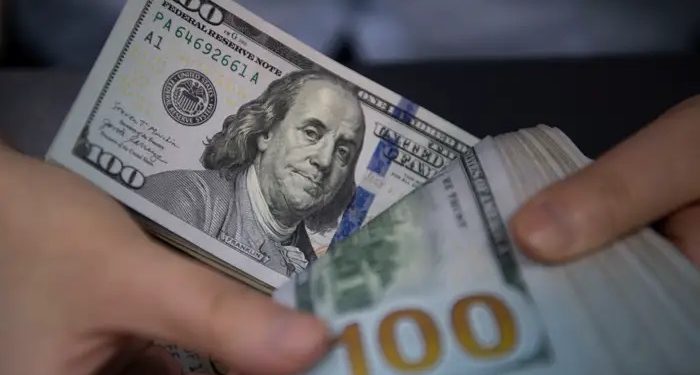Russia, Brazil, India, China, and South Africa have confirmed they are developing a new currency to rival the U.S dollar
This has been a MASSIVE week of developments geopolitically, here are just some of the things that have happened that have massive consequences for the USD as the reserve currency of the world:
Saudi Arabia has partnered with China to build a Chinese oil refinery for $12.2 billion and has also agreed to acquire 10% of a Chinese oil refinery for $3.6 billion.
Saudi Arabia has agreed to join the Shanghai Cooperation Council as a “dialogue partner”.
China & Brazil have agreed to trade in their own currencies, ditching the US dollar.
France and China have also completed their first Yuan-settled LNG trade, again ditching the US Dollar.
Why is this so important to be aware of?
These developments potentially upset the existing ‘petrodollar system’ which came in after the collapse of the Bretton woods system (1973) and is one of the major drivers behind the USD keeping the world reserve currency status.
How does the USD being the reserve currency benefit the U.S.?
When countries receive dollars for the oil they sell, this then benefits the U.S. as they then recycle those dollars back into U.S. investments – providing liquidity to financial markets and keeping rates low.
De-dollarisation.
Countries like Saudi Arabia (the world’s largest crude oil exporter) have been using the petrodollar system since the 1970s.
All of its crude exports have only been in USD, so this is a big change.
If countries along with Saudi Arabia begin to transition away from the dollar and look for alternatives then this reduces the overall demand and increases borrowing costs for consumers and businesses among other effects.
Saudi Arabia, China, Russia, India and others have been strengthening relations and trade at a dramatic pace over the past year. Saudi even said that it is open to joining BRICS along with Turkey and Egypt this year.
These countries along with members of the Shanghai Cooperation Organisation (SCO) have all stated intentions for a “roadmap for the gradual increase in the share of national currencies in mutual settlements” and agreements to “ramp up coordination on energy (oil, natural gas, nuclear) exploration and policy” among other things.
This sets the stage for a commodity-backed reserve currency to rival the U.S. dollar.
The world order as we know it is changing rapidly.










